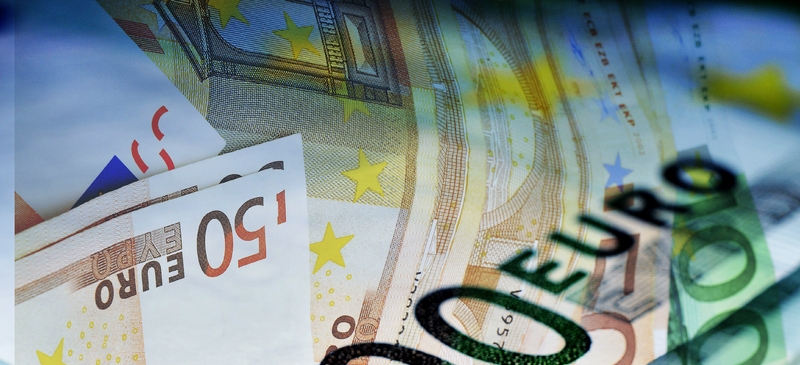
Eurozone 'outs' must stick up for the single market
One of the European Union’s greatest achievements has been to scrap non-tariff barriers to trade in goods and services. But the “single market” remains incomplete and faces new threats. The European commissioner responsible for it is blocking further liberalisation of services – even though the Commission as a whole is economically liberal. The biggest danger is that the euro crisis will lead to a two-speed Europe that fractures the single market.
Nobody can be sure of the euro’s future, as the recent drama in the Slovak parliament reveals. But one plausible outcome is that the currency will survive, minus one or a few members. The Germans will demand a price for putting more money into bail-out funds: a new treaty, imposing much tighter fiscal discipline on countries in the euro. The new eurozone club will have its own institutions and exist alongside the broader European Union.
Deprived of market-friendly governments that are outside the euro, such as the UK, the Czech Republic, Denmark, Poland and Sweden, this club would be likely to pursue illiberal policies. Formally, all 27 member states would still vote on single market rules. In practice, the euro countries would caucus and perhaps settle much of the argument before the 27 met. And when this smaller group discussed how best to promote economic growth, some big EU economies would be absent and unable to influence the discussion.
The euro crisis has already strengthened the trend towards a Europe des Patries – the Europe of Fatherlands that General de Gaulle always wanted. France and Germany are hostile to the Commission, partly because it harries them for breaching single market rules. Since the crisis began, they have done their best to sideline the Commission in the new bail-out mechanisms and are likely to do the same in future eurozone institutions. The weaker the Commission becomes, the easier it will be for national capitals to flout EU rules on, say, state aid, cartels or liberalisation of energy markets.
The euro crisis is aiding populism as people blame the EU for economic insecurity. Any country’s departure from the euro would fuel eurosceptic sentiment, encouraging governments to disregard single market rules.
So would a growing number of competitive devaluations from EU member states outside the euro. The euro’s critics forget that the single market has never coexisted with freely floating exchange rates. When the single market was built in the late 1980s, the EU already had an exchange-rate mechanism limiting currency movements.
In 1987, the late Tommaso Padoa-Schioppa, an Italian economist, persuaded Jacques Delors, the then Commission president, that the ERM could not survive the liberalisation of capital controls just agreed. Mr Delors feared that the break-up of the ERM would lead to some countries pursuing competitive devaluations and to others responding with protectionism. He understood that creating momentum towards monetary union would convince markets that the ERM would hold together, as it did. The relevance of that episode today is that if the euro disappeared, building a new ERM would be impossible.
An EU that is more protectionist will grow more slowly, to the benefit of populist parties. And a more flawed single market will damage the UK’s relationship with the EU. The governing Conservative party is increasingly eurosceptic. Perhaps half its backbench MPs want to renegotiate the terms of Britain’s membership and many view the single market as one of the few reasons for staying in the EU. That argument is losing force since several new EU financial regulations seem likely to hurt the City of London. The more the single market fragments, the more likely is Britain to disengage from the EU.
The Conservatives’ leaders want to keep Britain in the EU but seem relaxed about its absence from key discussions on economic policy. Politicians who want an economically liberal EU need to act. They should seek to strengthen the Commission’s hand by urging smaller states – which see it as an ally against big-country bullying – to push for it to have a central role in new eurozone institutions. Liberals should push for Britain and other “outs” to have the right to attend and speak at meetings of eurozone ministers. If economic liberals do not engage they will lose the argument.
